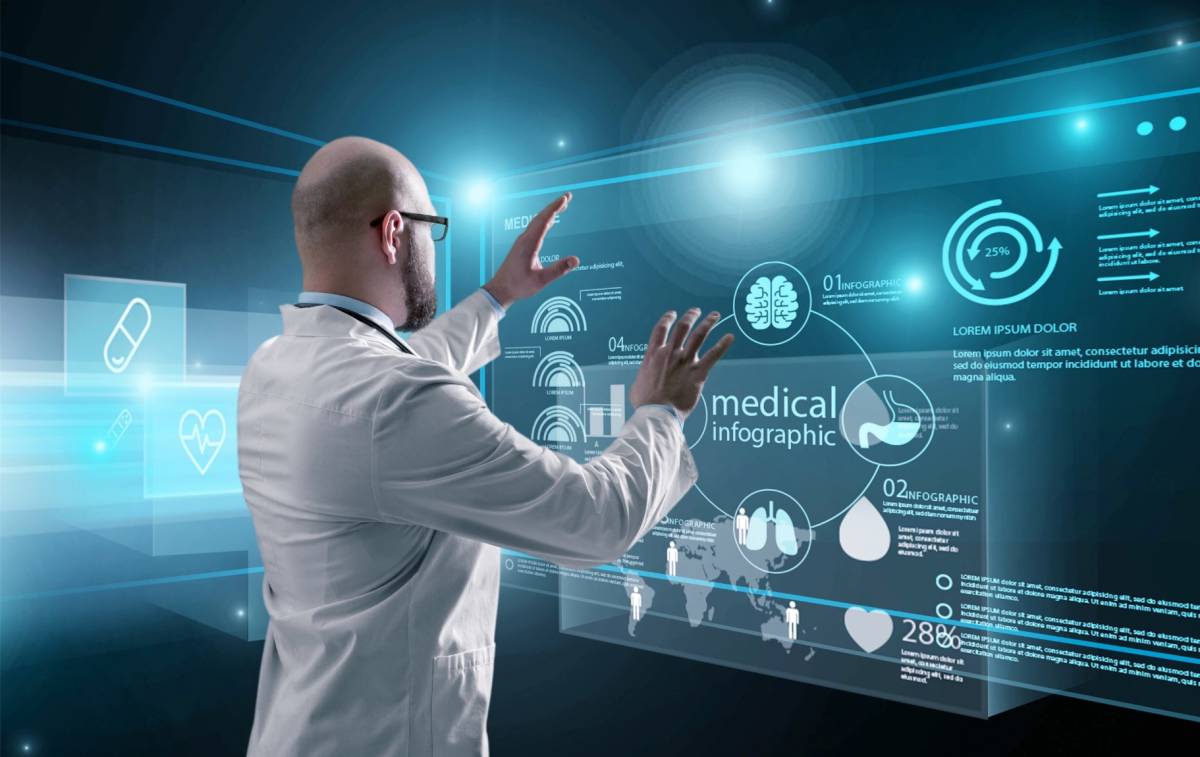How AI can cure these critical diseases, find out
From diagnosis to personalized medicine, AI promises swift and easy solution

In the rapidly evolving healthcare landscape, artificial intelligence (AI) is emerging as a transformative force, significantly reshaping patient care. Rather than replacing healthcare professionals, AI tools aim to enhance their efficiency and provide more personalized care.
Here are five innovative examples of how AI is revolutionizing the field.
Disease detection
One of the most promising applications of AI lies in early disease detection. Machine learning algorithms are now capable of analyzing medical images with incredible accuracy, rivaling and even surpassing human experts in identifying abnormalities. This translates to earlier diagnoses, allowing for prompt intervention and potentially saving lives.
Drug discovery and personalized medicine
AI is not only aiding in disease detection but also expediting the discovery of new treatments. By analyzing complex biochemical interactions, AI algorithms can streamline the drug discovery process, leading to the development of life-saving medications in a shorter timeframe. Additionally, AI can personalize medication regimens for patients, taking into account their unique health profiles. This approach to personalized medicine ensures that patients receive the most effective treatment possible.
Robot-assisted surgery
AI is enhancing surgical procedures by integrating data from various sources to aid in decision-making. Surgical robots equipped with AI can assist surgeons with greater precision, offering patients minimally invasive options that lead to shorter hospital stays, faster recovery times, and reduced pain.
Medical education and training
AI tools are being integrated into medical education to enhance learning and training. These tools adapt to individual learning styles, provide AI-powered simulations, and help educators design dynamic curricula. AI-driven platforms allow students to practice clinical skills and surgical techniques in a safe environment.
Natural language processing (NLP) for healthcare records
AI-powered NLP systems transform how healthcare records are used by analyzing and extracting valuable information from unstructured medical records. These systems improve coding, billing, and data management efficiency, automate administrative processes, and assist in clinical decision-making by providing critical data points.
Genomics
AI is revolutionizing genomics by enabling faster and more precise analysis of DNA sequences. AI algorithms help identify genetic patterns and predict disease risks, allowing clinicians to understand genetic diseases better and customize treatment plans based on a patient's genetic predisposition.
Future of AI in medicine
The integration of AI into healthcare is transforming wellness and patient care by harnessing data-driven insights. AI's role in public health is also growing, offering new capabilities in surveillance, predictive modeling, and policy shaping. As AI continues to evolve, it promises to redefine how diseases are diagnosed, treatments are tailored, and patients are empowered with information.